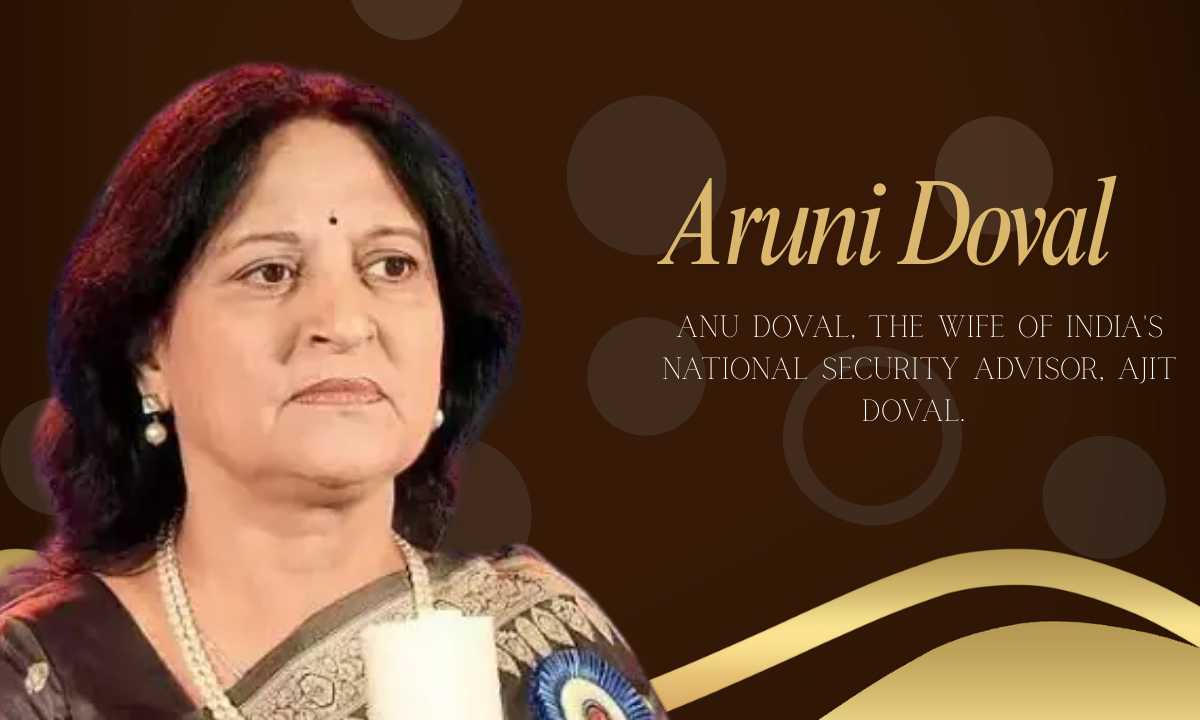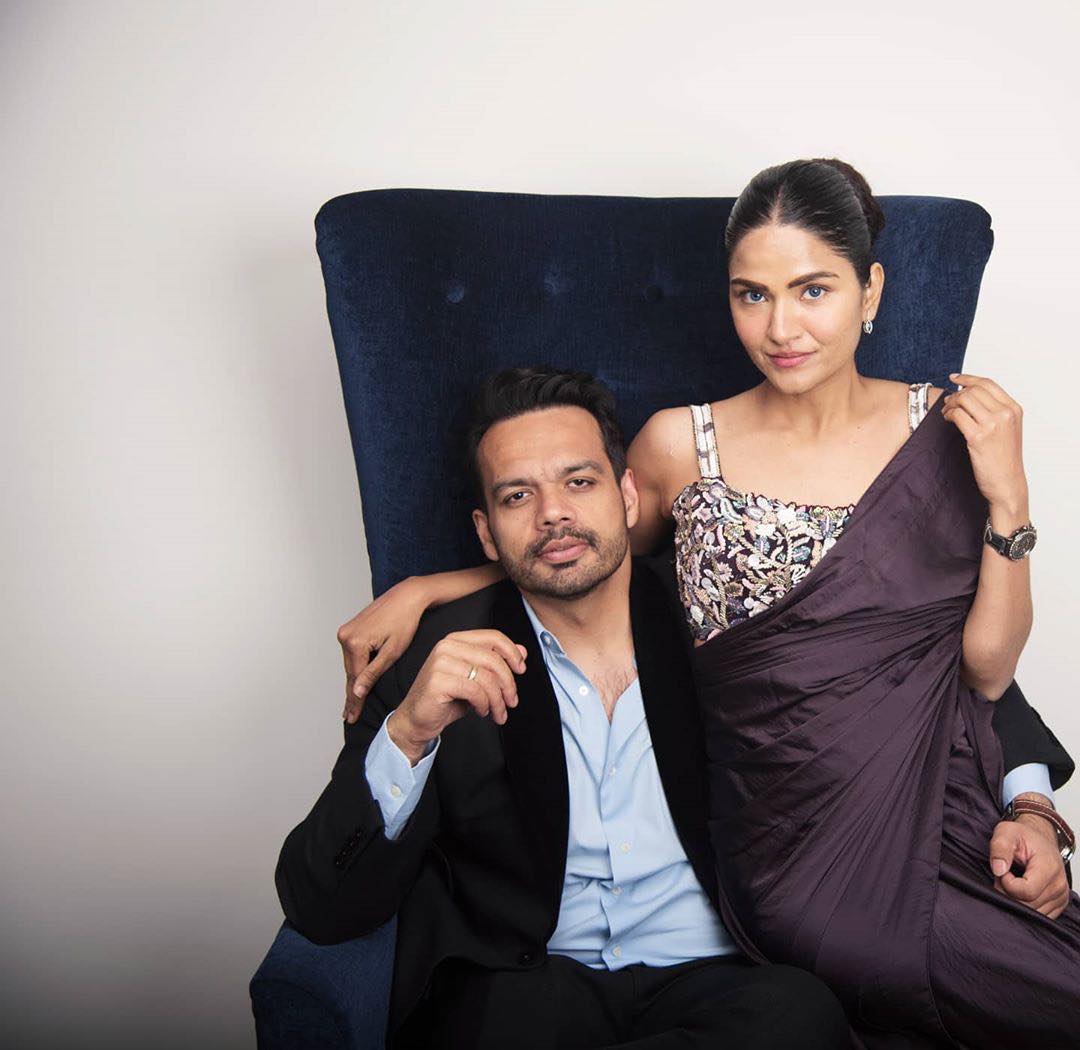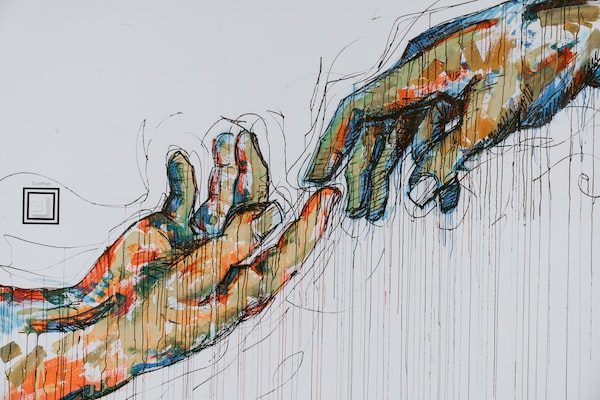Behind every high-profile figure often stands a personal anchor whose contributions are less visible but deeply significant. In the case of India’s veteran national security apparatus, that anchor is Aruni Doval. Married in 1972 to Ajit Kumar Doval—himself a legendary figure in India’s intelligence and security community—Aruni has carved her own path, combining family stewardship, social welfare work and modest corporate roles. Though her name is less frequently in headlines, her story offers a compelling study of strength, service and sovereignty.
Table of Contents
1. Early Life and Background
Aruni Doval was born in the year 1950, in Bagyali, a village in Pauri Garhwal, Uttarakhand, India. She hails from a Garhwali Brahmin family, and her childhood was shaped by the values of modesty, education and community service.
Her schooling is said to have been at the Government Inter College in Bagyali. Details of her higher education are not widely publicised, though sources hint at a graduate‐level qualification.
Growing up in Uttarakhand, in a somewhat traditional but service‐oriented family environment, she appears to have developed the values of responsibility and resilience that would serve her later roles.
2. Marriage, Family & Personal Life
Aruni married Ajit Kumar Doval in 1972. The couple have two sons:
Shaurya Doval (born 1974)
Vivek Doval (younger son)
Although Aruni’s public profile is modest, she is known for maintaining strong family values and supporting the demands of a high‐pressure national security family life. Her home base is in New Delhi.
3. Professional & Corporate Journey
Though often described as a homemaker and social activist, Aruni has also held formal corporate roles. According to company records, she has been a Director at companies such as Zeus Knowledge Centre Private Limited (appointed 5 February 2004) and earlier at Zeus Environergy Private Limited.
Her corporate association spans over 20 years in governance roles. The nature of these businesses—as per filings—is broadly in business services/consultancy.
While she is not widely featured in media as a corporate figure, these directorships reflect that she has maintained professional engagement beyond merely the role of “spouse of”.
4. Social Activism & Welfare Work
Aruni Doval is actively involved in welfare initiatives, especially those connected to the police, paramilitary families and the broader defence/security establishment’s family community. For instance:
She has been seen leading delegations of the IPS Wives Welfare Association (IPSWWA) in visits to the NSG Prerna Centre.
She has participated in events such as the annual welfare exhibition of the CRPF Family Welfare Association at JNU campus in 2018.
Through such work, she focuses on issues like spouses/children of security personnel, family welfare, community development and supporting under‐represented segments within that ecosystem.
In doing so, she bridges the world of national security (high visibility, high stakes) with the silently essential domain of family welfare, support systems and service culture.
5. Public Presence, Persona & Values
What stands out about Aruni Doval is her preference for a low‐key profile. Unlike many public figures, she does not maintain a strong social media presence and seldom appears in media interviews.
Her persona is frequently described as graceful, understated and service‐oriented. While the spotlight often turns to her husband’s dramatic security work, Aruni’s contribution is quieter — managing the personal and familial stability behind the scenes, enabling a husband in extremely demanding roles to function effectively.
Her values appear rooted in:
Family and tradition
Service and modesty
Support rather than spectacle
6. Legacy, Role & Significance
The narrative of Aruni Doval is noteworthy for several reasons:
Women behind the national security sphere: In a family deeply embedded in India’s intelligence and security architecture, she represents the personal sacrifices and unsung work of families in that domain.
Corporate + welfare blend: Her simultaneous roles in corporate governance and social activism illustrate a diversified personal engagement.
Value of support systems: Often, public-facing success relies on invisible foundations — and Aruni’s story foregrounds that supportive role.
Cultural continuity: She hails from Uttarakhand, a region less represented in the national elite, which adds a dimension of social mobility and regional representation.
In sum, while she may not command headlines, her life underscores how national service often includes private service, how leadership often requires personal stability, and how the visible and invisible spheres interconnect in public life.
7. Challenges & Visibility
Despite her steady presence, there are factors that limit public knowledge about Aruni:
Her personal background (parents, siblings, full schooling) is not deeply documented.
She chooses minimal public exposure, which means fewer interviews or personal narratives are available.
The bulk of public interest surrounds her husband’s role; this overshadows her individual identity if one is not careful to separate it.
These challenges also speak to the broader pattern where spouses of high‐profile officials often remain in the wings, yet their contributions are no less real.
8. Final Thoughts
Aruni Doval’s story is one of dignified quietude in a world of high noise. It is the story of a woman who, while married to one of India’s most significant security figures, chose to embed her life in service, family loyalty and understated professional responsibility. In doing so, she exemplifies the subtle power of support, the importance of values and the weight of background stability in public leadership.
For many aspiring women and families navigating roles adjacent to the limelight, her example serves as a reminder: leadership does not always mean front‐and‐centre; sometimes it means behind‐the‐scenes, deeply committed and relentlessly dependable.
FAQs About Aruni Doval
Who is Aruni Doval?
She is an Indian social activist, corporate director and the wife of Ajit Kumar Doval, India’s National Security Advisor.How old is Aruni Doval?
Born in 1950, she is approximately 75 years old as of 2025.What is her professional background?
She has held directorships in companies like Zeus Knowledge Centre Pvt. Ltd. and has been involved in social welfare work through organizations such as the IPS Wives Welfare Association.Who are her family members?
Married in 1972 to Ajit Kumar Doval. She has two sons: Shaurya Doval and Vivek Doval.What kind of social work does she do?
Her welfare engagements include support for police and paramilitary families, family welfare events, women’s empowerment and community service within the security personnel ecosystem.Is she active on social media?
No, she maintains a low‐profile presence and is not known to be active on major social media platforms.What is her net worth?
While precise figures are not officially published, several sources estimate her assets (or combined family assets) around INR 1.5 crores or more as of 2025. (Such estimates should be treated cautiously.)Where is she from originally?
Bagyali village, Pauri Garhwal district, Uttarakhand, India.What makes her significant?
Her significance lies in the way she bridges family life, corporate governance, and social service — within the challenging context of a national security family. She embodies the behind‐the‐scenes foundation that enables public leaders to perform.Has she been involved in media controversies?
No major controversies are reported with her directly. One photo circulating online falsely claimed to show her, but fact‐checkers debunked it as misidentified.












